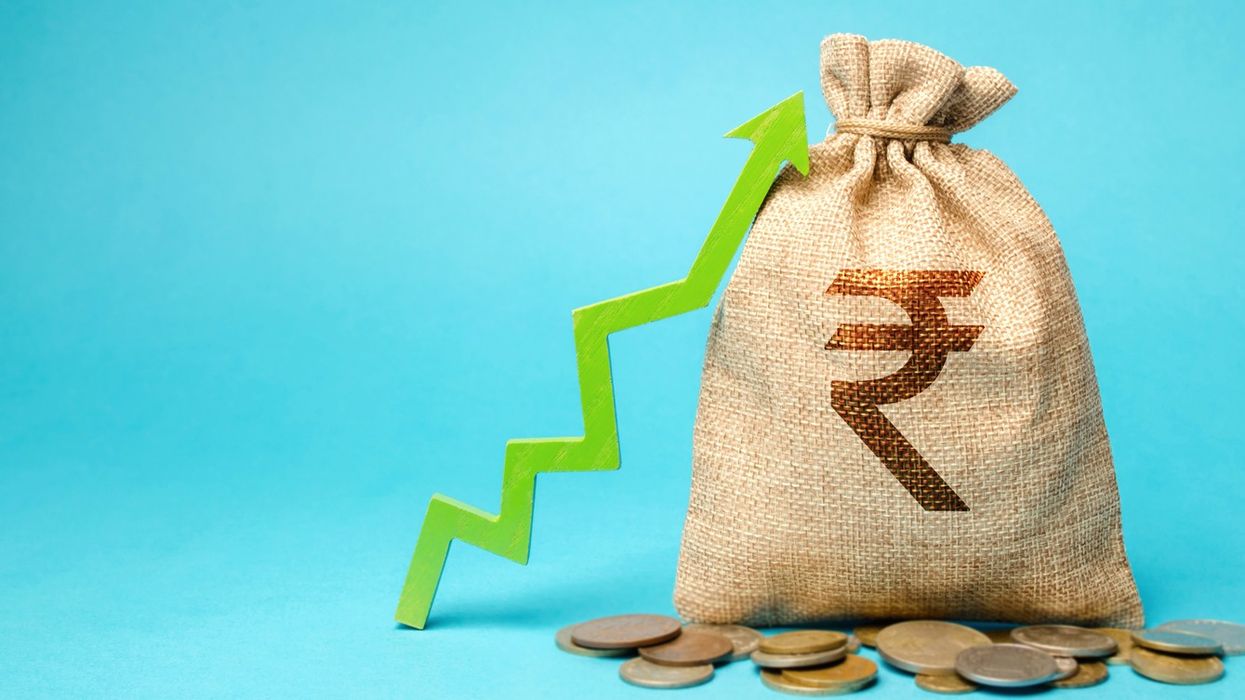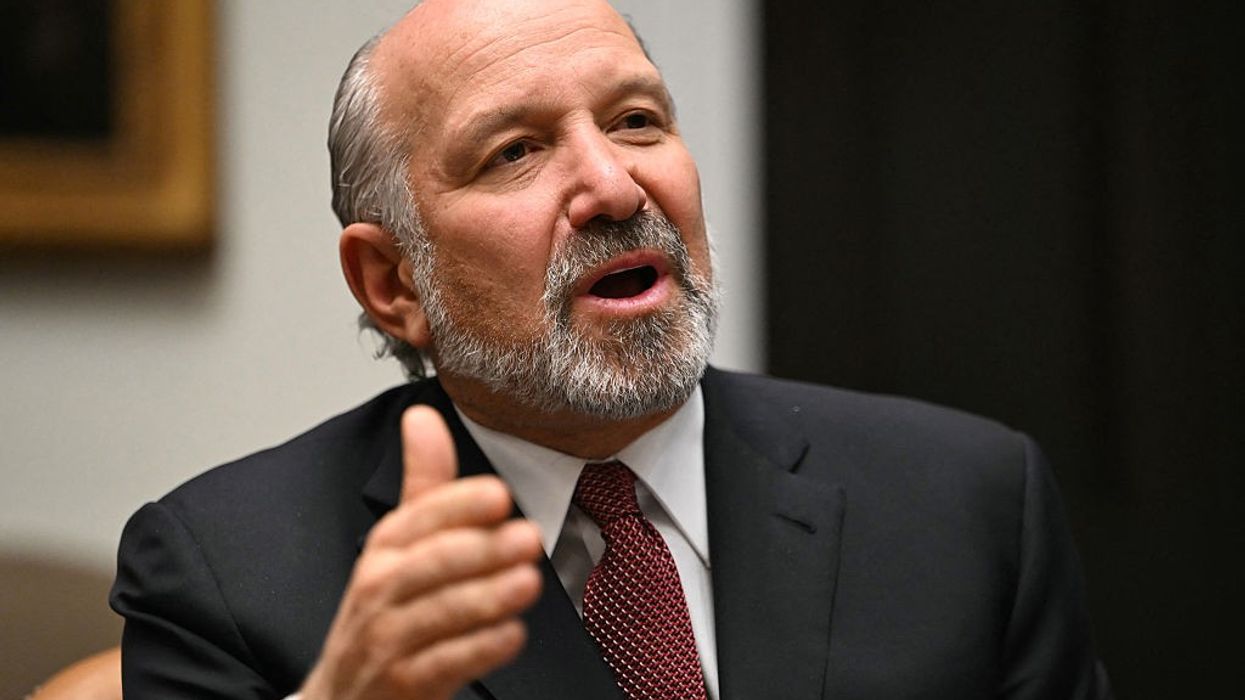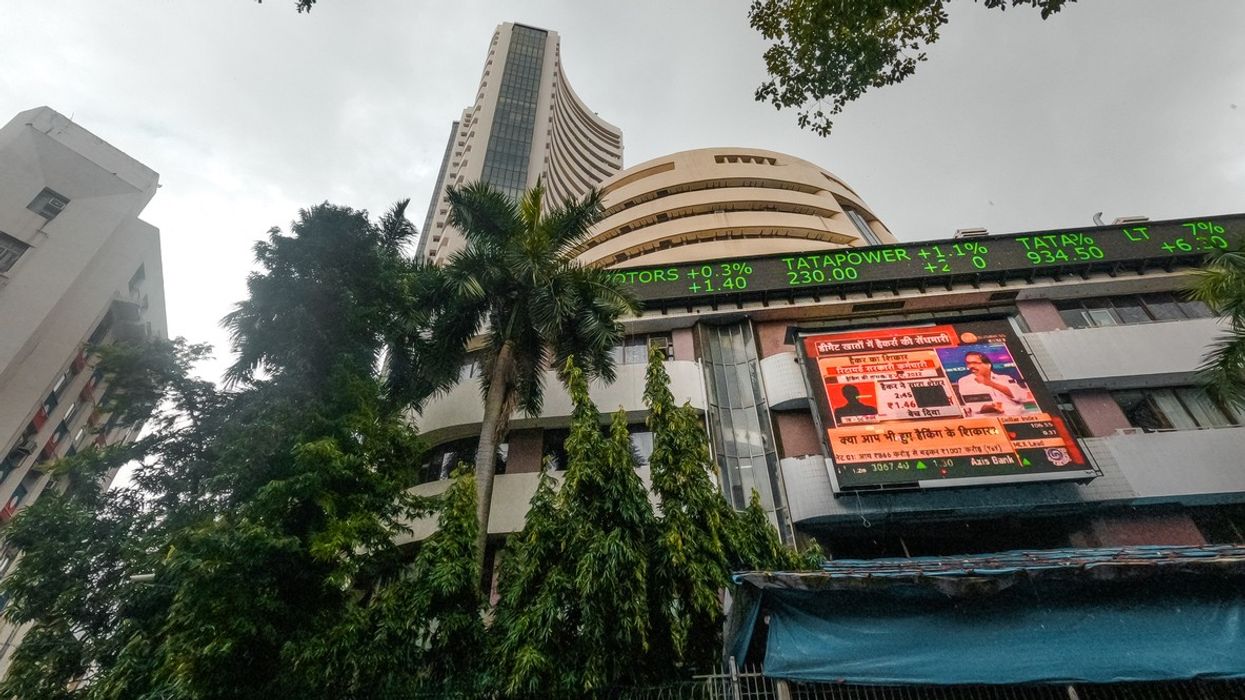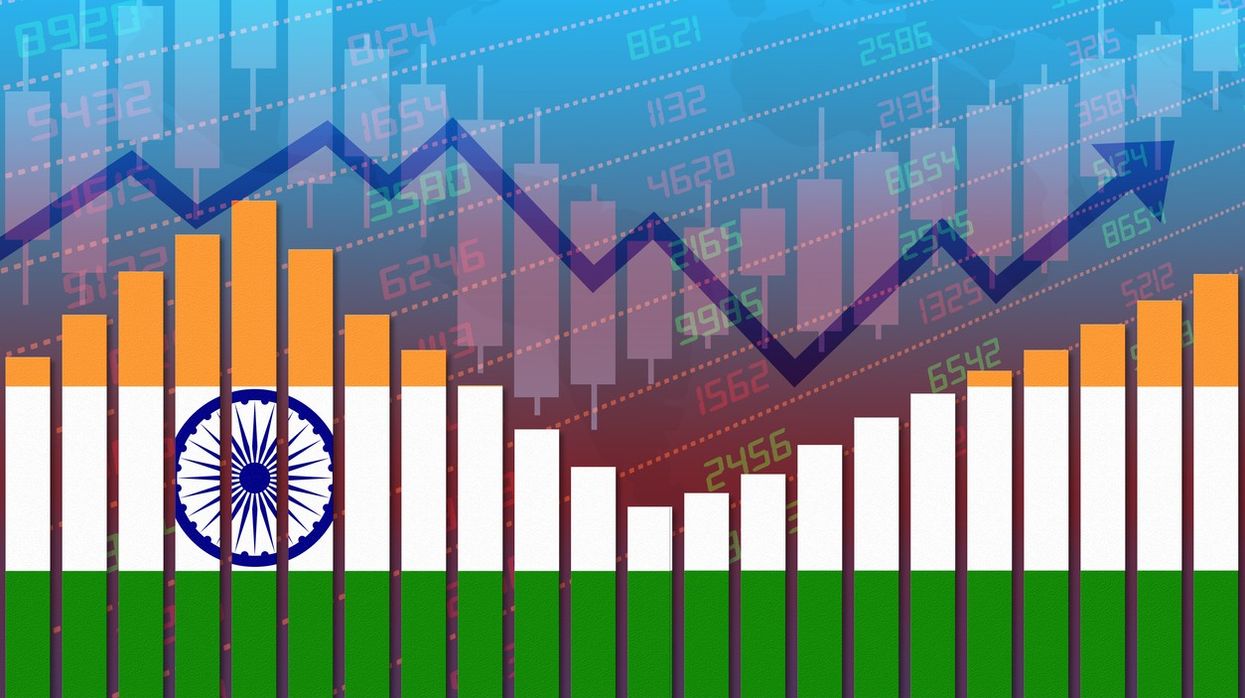THE United Nations Development Programme (UNDP) aims to increase its plastic waste management to almost three times to reach 100 cities in India by 2024, an executive of the body said, according to Reuters. The UNDP is a UN body which helps nations eliminate poverty and achieve sustainable economic growth.
The mission is to combat the damaging effects of the pollution caused by plastic.
ALSO READ: India to be first Asian nation to launch plastics pact
Several of India’s cities and towns that are often ranked among the world’s most polluted settlements, the lack of an organised plastic waste management causes widespread pollution.
So far, the UNDP programme, which kicked off in 2018, has collected 83,000 metric tonnes of plastic waste. India generates about 3.4 million tonnes of plastic waste in a year, Reuters said citing official data.
“In India although about 60% of plastic is recycled, we are still seeing the damage that plastic pollution is causing,” Nadia Rasheed, deputy resident representative, UNDP India, said on Friday (3) in an interview at the Reuters Next conference broadcast.
The UNDP has joined hands with NITI Aayog, India’s government think-tank for public policy, in developing a ‘handbook’ model for local civic bodies and the private sector.
“In a country like India with nearly fifth of the world’s population, a key challenge is how do we make these models scalable,” Rasheed said in an interview which was recorded in November.
She said the government requires stricter enforcement on controls around dumping of plastic waste and still has a lot of work to raise awareness among households about the matter. She also said that there is a need for investing into research for alternatives.
The cleaning-up mission suffered a jolt after the Covid-19 pandemic caused a huge rise in waste, including medical plastic waste and also threatened livelihood of collectors who often work amid hazardous conditions.
“There was a real need to expand waste collection efforts and that was coming at the same time as lot of (Covid-19 related) restrictions were disrupting the normal waste collection,” Rasheed said.
The UN Environment Programme has predicted that plastic pollution will go up by three times by 2040 and would add 23-37 million metric tonnes of waste into the world’s oceans every year.















